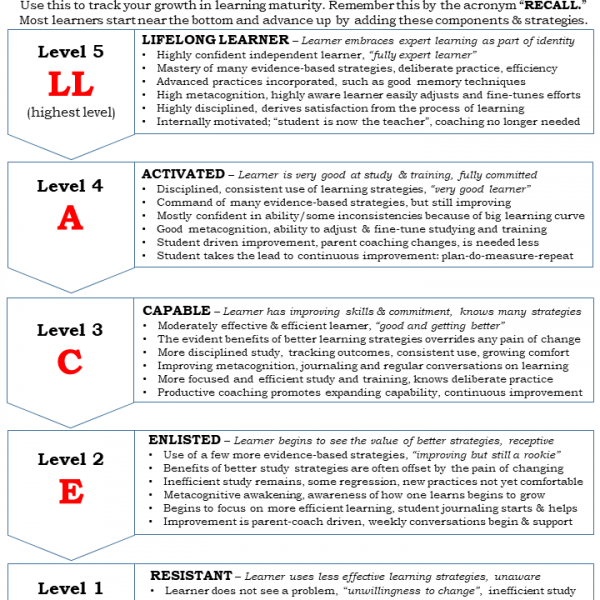How can you convince the child who believes she is a good student to work harder to improve and become an even better expert learner? It’s a motivational problem – we do know the hardest person to change is one who thinks they are already good at something. Whether they really are or not doesn’t matter here, you are dealing with the same problem of resistance to change.
When you complete the Center for Homeschooling’s Learning Power course, the question of motivation is something you will need to consider. How are you going to engage your kid to want to put in the effort to get even better? “I’m fine, there’s no problem here!” You’ll need to put on your finest persuasion hat to do this – so what works best?
To answer this question makes me think about a famous speech from an entirely different world – that of international finance. It’s one of the most practical essays in political science. It comes from an August 2012 speech by Andrew G. Haldane, a top economist at the Bank of England, at an economic symposium in Jackson Hole, Wyo. It was titled “The Dog and the Frisbee” and was all about how central bankers and regulators should think about regulation after the 2008 financial crisis. Heady stuff no doubt.
“What does this have to do with my kid?’ you may ask. Read on for there is a real gem of wisdom here to share with you. . .
Haldane began by asking a profound philosophical question that we should all ponder at times:
“Why are dogs better than humans at catching a Frisbee?”
“Catching a Frisbee is difficult,” Haldane began. “Doing so successfully requires the catcher to weigh a complex array of physical and atmospheric factors, among them wind speed and Frisbee rotation. Were a physicist to write down Frisbee-catching as an optimal control problem, they would need to understand and apply Newton’s Law of Gravity.
Yet despite this complexity, catching a Frisbee is remarkably common. It is a trick almost every dog can master. Indeed many, such as Border collies, are much better at Frisbee-catching than humans!
“So, what is the secret of the dog’s success? The answer, as in many other areas of complex decision-making, is simple,” he emphasized. “Or rather, it is to keep it simple. For studies have shown that the Frisbee-catching dog follows the simplest of rules of thumb: Run at a speed so that the angle of gaze to the Frisbee remains roughly constant.”
How do you promote better learning strategies and methods? What is your clear and simple message to your kid about the reason to work hard to learn to study smarter?
You could talk about its importance to getting into college and to getting that degree. You might emphasize the importance of academics to becoming a complete person. Or maybe you could emphasize how learning connects to God’s plan for each of us.
Of course, these are all important discussions each with its own important point. You should have these discussions.
But when it comes to reinforcing the need to become an expert learner, do these notions become your trying to apply Newton’s Law of Gravity to this discussion? How well does this connect to the child? Are you making your case too complicated and risk losing or confusing your audience?
You likely are. The power of your persuasion comes from the simplicity of the message, repeated and reinforced over time. It needs to be your better explanation of the dog and the frisbee. Applying Haldane’s advice, you might try something like this:
“The reason you need to become an expert learner right now is because it will enable you to do and become anything you want. Developing the capability to become a faster learner will allow you to open the door to everything. . . for the rest of your life.”
That’s it.
To ask your son or daughter to become a better learner using complex reasoning, particularly if they think they already are good learners, is like asking a border collie to catch a frisbee by first applying Newton’s Law of Gravity.
Please know I do like science and that I am not an anti-gravity person.
Summary
It’s important to keep your messaging simple about the value of learning. Keep reminding your children what’s in it for them. When you reinforce the message that expert learning is all about creating true independence and taking control of their own future, the message will be much more effective.








